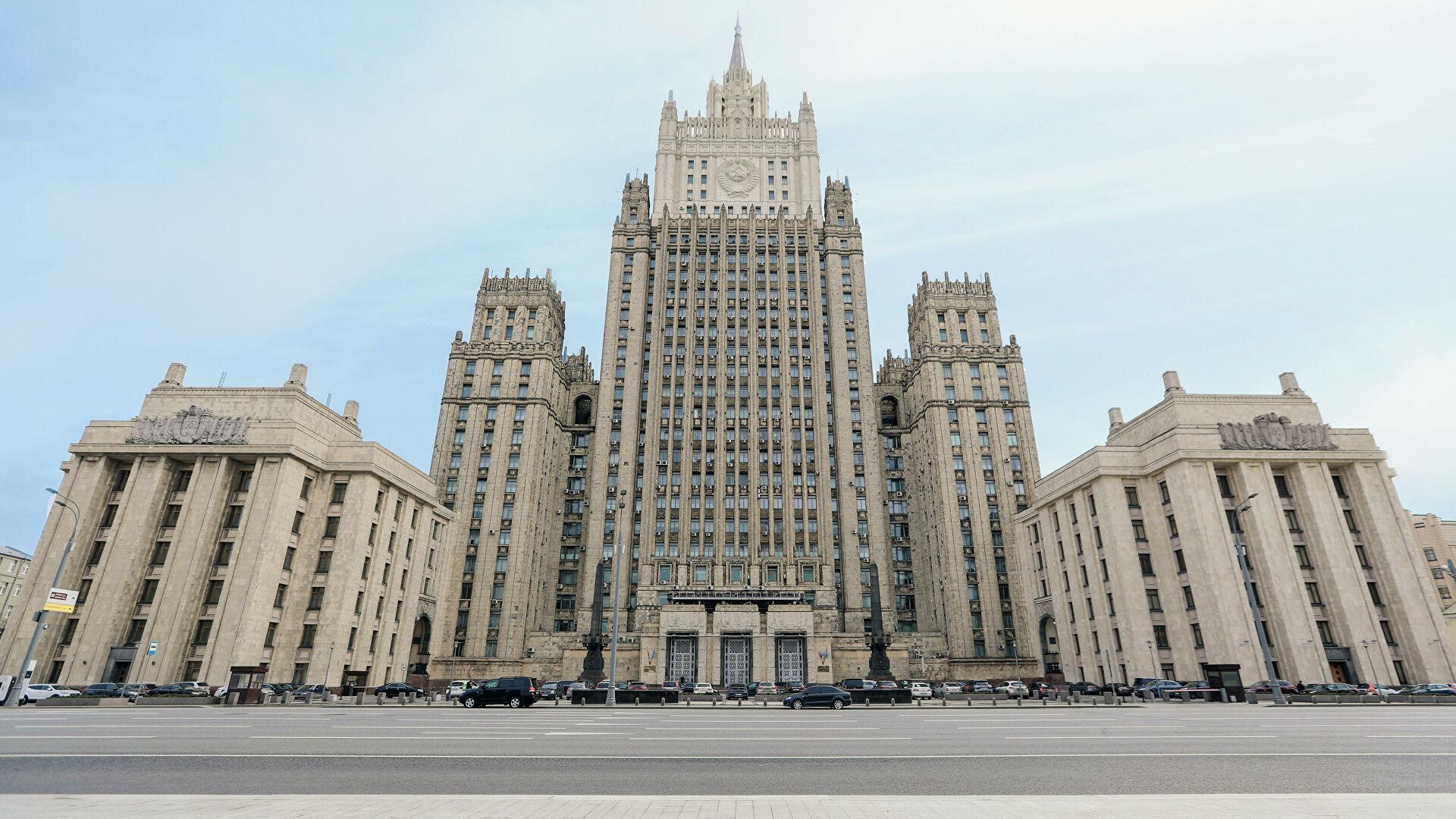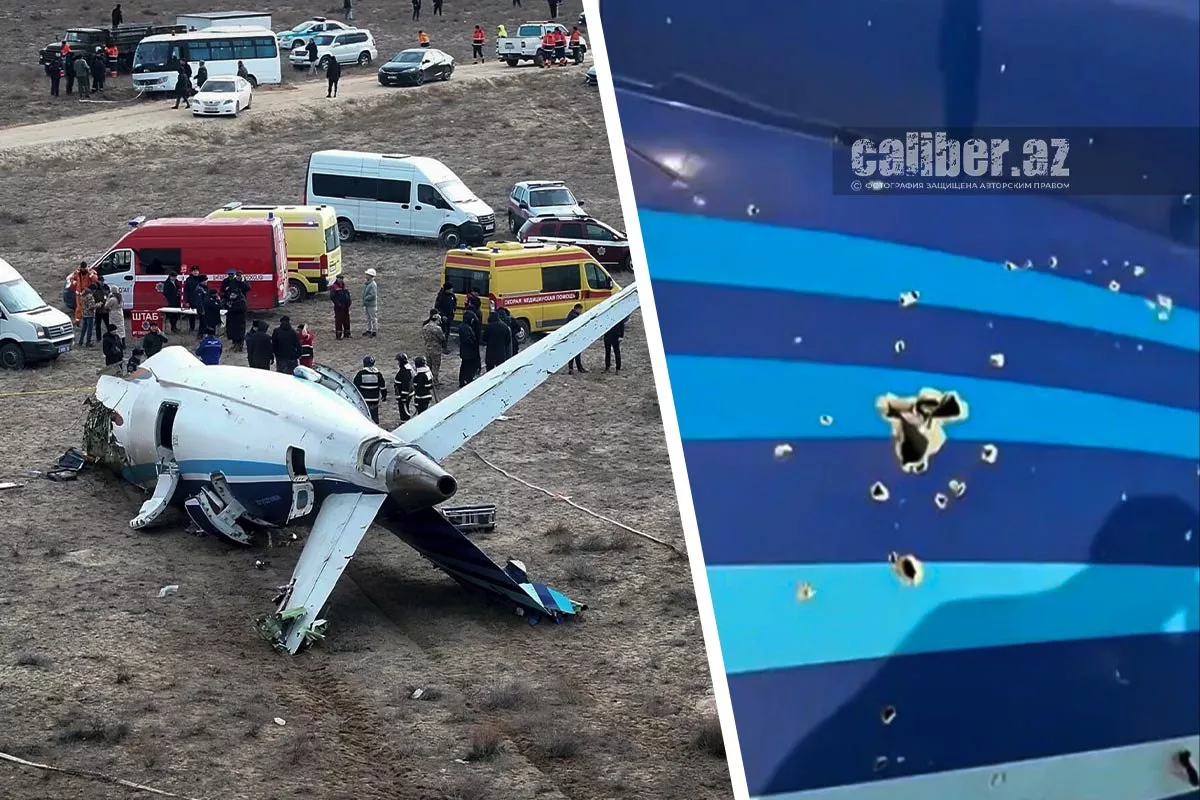Insurance isn’t compensation: Russian MFA misrepresents AZAL plane crash payouts Analysis by Caliber.Az
The Russian Foreign Ministry issued an extensive statement regarding insurance payments related to the Azerbaijan Airlines (AZAL) plane crash on 25 December 2024. The text, written in a characteristically irritated tone, contains both figures and bold wording.
"The Russian insurance company ‘AlfaStrakhovanie’ has been making insurance payments related to the Azerbaijani Airlines plane crash (Baku–Grozny flight) since February 2025. The Azerbaijani airline has been paid insurance compensation for the aircraft in the full insured amount — 1.003 billion rubles (over $12 million). All claims related to injuries and the deaths of 46 out of 62 passengers on the flight have been fully settled… To date, insurance payments to the affected passengers and relatives of the deceased have totalled 358.4 million rubles (over $4 million)," the statement says.
But the main point here is not the figures. Immediately after listing the payments, the statement moves on to accusations: “Attempts by certain media outlets and bloggers to misinform the public on this sensitive issue leave no doubt about the destructive intentions and complete lack of moral compass of their authors and those behind them.” Finally, the Russian Foreign Ministry notes: “We urge people not to fall for obvious speculation and disinformation… Once again, we recommend remaining vigilant, practising digital hygiene, and relying only on official information from verified sources.”

Now, let’s get to the essence.
In its text, the Russian Foreign Ministry reports in detail specifically on insurance payments, listing billions and millions of rubles. Yet it remains silent on the key issue — compensation and the punishment of those responsible, which Azerbaijan demands. And that is an entirely different matter.
This is where the fundamental difference lies. Insurance payments are not acts of goodwill; they are reimbursements for damages based on premiums that airlines have paid to insurers in advance. It’s like with a car: you pay insurance for your vehicle, and in the event of an accident, the insurance company covers the damage. But no one would call this a “compensation” from the state — it is simply a payment under a previously purchased policy. The same applies here: AZAL had an insurance policy, and the payments are being made according to that policy.
Insurance payments are governed by the Montreal Convention of 1999 and are purely a technical procedure. It is worth noting that the convention obliges all air carriers to insure their liability, and in the event of an air disaster, the financial burden of compensating injured passengers and the families of the deceased is usually borne by the insurance company. In other words, this is not an admission of guilt, but merely the fulfilment of the insurer’s obligations.
Compensation, on the other hand, is established in the 2001 UN General Assembly resolution “Responsibility of States for Internationally Wrongful Acts.” Article 36 emphasises that “The State responsible for an internationally wrongful act is under an obligation to compensate for the damage caused thereby.” This means that the state is obliged to repair the damage caused by the wrongful actions of its organs—in this case, Russian military personnel who shot down the Azerbaijani aircraft. This is no longer a matter of bookkeeping, but a question of responsibility.
Yet, the Russian Foreign Ministry and investigative authorities remain silent on the guilt and punishment of Russian military personnel. There has been neither acknowledgement nor formal apologies, nor any attempt to take responsibility. Instead, there are only accusations against Azerbaijani media and bloggers who dared to ask inconvenient questions.

Azerbaijan clearly understands the difference between insurance and compensation. For Baku, the question of compensation is fundamental. Talking about insurance payments while ignoring compensation is a deliberate diversion.
Moscow-style “digital hygiene” looks like this: first, shoot down an aircraft; then, proudly report the insurance payout; and finally, label anyone who doubts as a “destructive element.”
As long as Moscow’s approach remains the same—avoiding the core issue, substituting concepts, spreading insinuations, and remaining silent on guilt and the punishment of those responsible—there is no question of normalising relations between Azerbaijan and Russia. The tragedy of the Azerbaijani aircraft remains not a closed insurance case, but a matter of accountability, for which Russia will have to answer sooner or later.
In conclusion, it is worth once again citing President Aliyev’s statement at the third Shusha Global Media Forum held this July. This remark best captures what is happening between Azerbaijan and Russia: “For us, everything is clear. We know what happened, and we can prove it. And we know that Russian officials know what happened. The question is: why do they not do what any neighbor would do?” And indeed, why, neighbour?








